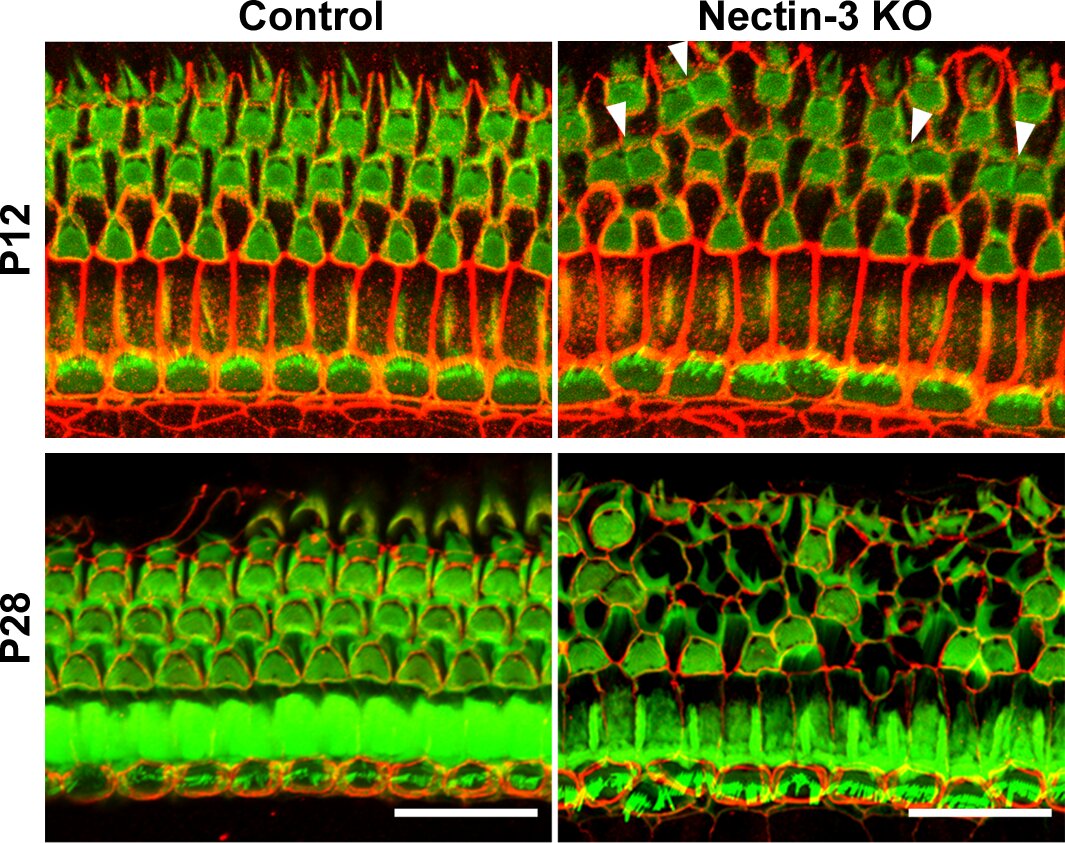The Royal Society of Chemistry (RSC) is committed to making all of its journals open access within the next five years. It is the first chemistry publisher to commit to a 100% open access model and hopes to fund the move in a way that will save individual authors from having to pay article processing fees ( PCA).
Traditionally, publishers of scientific journals have relied on journal subscription fees to cover the cost of their business. But in recent years, there has been growing pressure for scientific knowledge to be shared freely, regardless of readers’ ability to pay.
For example, the Plan S movement in Europe has campaigned for funders to ensure that the researchers they support publish their results in open access journals. This has led the European Research Council and UKRI to require grantees to publish their work in open access journals. Meanwhile, in the United States, all government-funded research will have to be published in open access from 2026. These measures have seen an increasing number of journals move towards open access models.
Open access journals generally require authors to pay a one-time APC in order to publish their articles. This covers the costs associated with managing the peer review process and maintaining the scientific record, and means anyone can read the journal’s content without having to pay a subscription.
But in announcing its commitment to a fully open access model, the RSC notes that it hopes to negotiate new agreements “at the institutional or donor level”, where institutions pay a flat fee so that their researchers can publish in RSC journals without paying individual APCs. These agreements would take into account regional differences so that institutions in poor countries are not required to pay the same fees as those in rich countries.
The RSC publishes 44 journals across the chemical sciences, most still operating on a subscription model.
Overcome the obstacles
“Obviously, a transition to fully open access is great in terms of making research as widely available as possible to everyone, with no barriers to reading. My biggest concern with such transitions is always that if the transition is done using an APC-based approach, it just shifts the barriers from reading to publishing,” says computational biochemist Lynn Kamerlin, who works at Uppsala University in Sweden. ‘So actually one of the best things about the announcement in my opinion was the fact that the RSC is very aware of this challenge and is committed to exploring new open access models and others for s ‘ensure that this transition does not become an obstacle to publishing.’
“It should also be noted that while those most affected are indeed researchers from countries where funds even to conduct research are extremely limited, even in theoretically wealthy countries access to research funds is highly variable, and APCs can present a major barrier to dissemination,” she adds. “I fully support the RSC’s goal of ensuring that the majority of the global authoring community is covered by institutional or donor level agreements, and I commend the RSC for taking this major step in a transition towards full open access, addressing the equity issues so high on the agenda.’
Floris Rutjes, a synthetic organic chemist from Radboud University in the Netherlands, who chairs the European Chemical Society, says he is “pleasantly surprised” to learn of the RSC’s new commitment to open access publishing, describing it as “a big step forward”. in the pursuit of open science”.
“A few years ago I was involved in negotiations between the Dutch universities and the RSC regarding a new transformative agreement at national level, which was rather complex with reading and publishing elements for the different journals and long negotiations », explains Rutjes. “This situation will become much simpler after moving to a full open access system. From the researcher’s point of view, I hope that there will still be agreements between the RSC and university libraries so that APCs are paid for by the libraries and not by the researchers themselves as is often the case now. when published in open access journals.’
In a statement, RSC’s publishing director, Emma Wilson, notes that it is “essential” to the organization that all authors retain the same ability to publish, regardless of where they live. “We are aiming for a future in which [open access] publishing makes the authors’ work globally accessible,” she said. “As we have seen with Covid research, enabling this level of openness and international collaboration can be a catalyst for accelerating innovation and discovery, creating a better and more sustainable future for all.”
“This is an exciting step for the RSC and our growing portfolio of highly respected journals,” added Duncan Graham, a chemist from the University of Strathclyde, who chairs the RSC’s publication committee. “The transition to open access will mean that the RSC can ensure that everyone around the world has the same ability to read and rely on all the important research published in the RSC journals while continuing to maintain the high quality standards and the reputation that our community relies on. .’
#Royal #Society #Chemistry #journals #open #access


